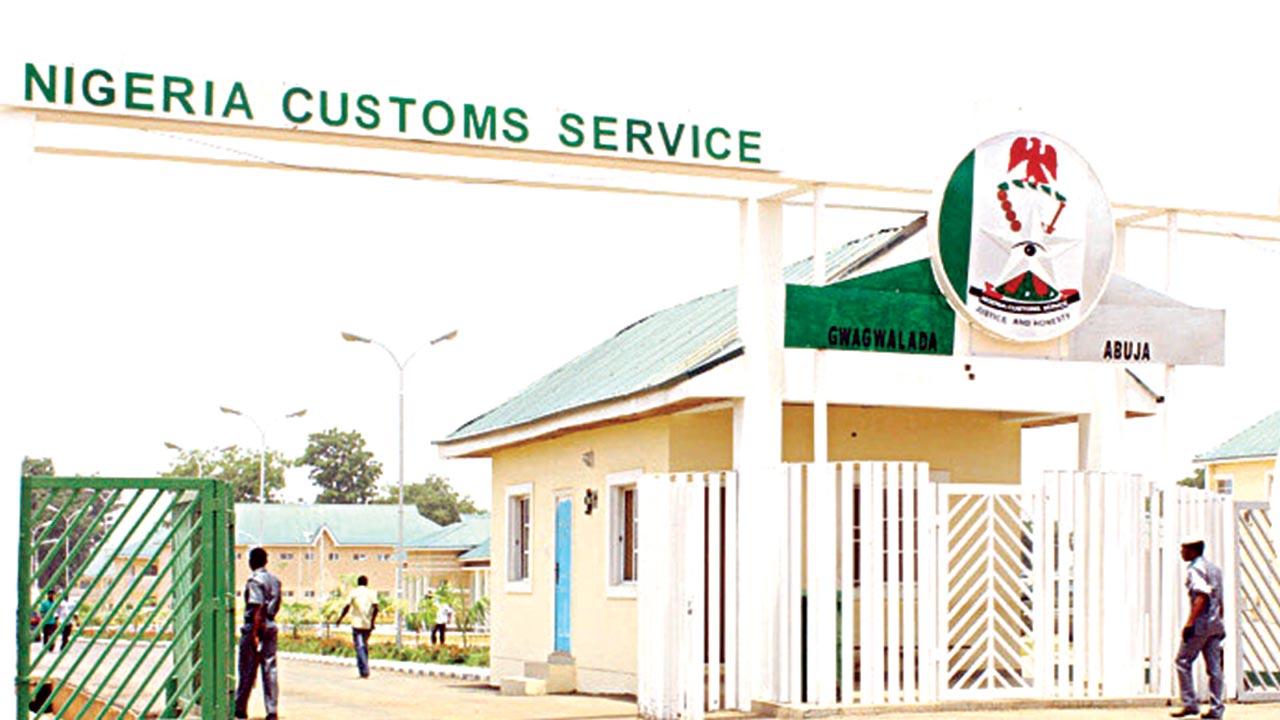
The Comptroller-General of Customs, Bashir Adewale Adeniyi, has called for a new approach to Nigeria’s border management system, one that prioritizes investment in border communities rather than treating them as security liabilities.
Speaking at the Customs Officers’ Wives Association (COWA) Sustainability and Green Borders Summit held in Abuja on Friday, Adeniyi said government must make border towns centres of opportunity through targeted infrastructure, youth employment, and eco-enterprises.
“We need to stop treating border communities like problems to be managed and start treating them like partners to be invested in,” he said. “Every young person we engage in legitimate work is one less person in the hands of traffickers. Prevention is cheaper and more humane than enforcement.”
The Customs chief, who also chairs the World Customs Organisation Council, emphasized that sustainable development is now central to effective border security. He said the service’s modernization plan would continue aligning with global sustainability goals to ensure that trade facilitation promotes both environmental protection and local empowerment.
Adeniyi announced plans for a National Green Border Project, designed to support women and youth-led eco-enterprises, promote recycling, and mitigate climate impacts across Nigeria’s frontiers.
“Green Customs is not a side project; it’s a priority,” he declared. “We’ll partner with COWA to fund sustainability projects that empower women and youth in our border communities. The world is watching, and we intend to show leadership.”
He stressed that genuine progress would require direct funding, not just committees or workshops. “We must move from talking about green borders to actually building them with money that reaches the people doing the real work,” he said.
COWA Unveils Sustainability and Innovation Centre
Earlier, COWA President Kikelomo Adeniyi launched the COWA Sustainability and Innovation Centre, a flagship project under the Green Borders Initiative. The centre, to be established in Abuja, will provide training in solar energy, waste recycling, eco-fashion, and green enterprise for border women and youth.
She said the summit themed “Greening Borders, Empowering Lives: Women and Youth as Champions of Sustainable Trade” was both a call to conscience and a practical step toward transformation.
“Our border communities, from Jibia in Katsina to Idiroko in Ogun, are the forgotten corridors of our development agenda,” she noted. “Over 70 percent of these communities lack clean water, renewable energy, or sanitation facilities.”
The new centre will feature a Green Skills Academy, an Innovation and Research Lab, a Policy and Leadership Institute, and a Green Enterprise Hub to promote small-scale recycling and renewable energy projects.
Turning Neglect into Opportunity
COWA’s recent Green Barrack Audit found that seven in ten border communities have no access to clean water or electricity, while deforestation and illegal trade continue to threaten national security. According to the National Bureau of Statistics, Nigeria loses about 350,000 hectares of forest annually, accelerating desertification and displacement in northern border areas.
The UNDP estimates that women and youth make up over 65 percent of the population in these regions yet remain largely excluded from formal economic opportunities.
COWA’s Green Borders Initiative aims to change that by promoting green jobs, circular economy ventures, and cross-border environmental cooperation.
Adeniyi urged government agencies, the private sector, and international partners to integrate the project into their sustainability frameworks.
“Sustainability is good business,” she said. “Companies that invest in green growth gain stronger community trust, higher brand value, and long-term competitiveness.”
She added that COWA would soon embark on a nationwide partnership drive to mobilize funding and technical support for the initiative.
“We will be knocking on the doors of corporate Nigeria, international partners, and philanthropies,” she said. “Together, we can make sustainability not just a theme but a national development imperative.”



